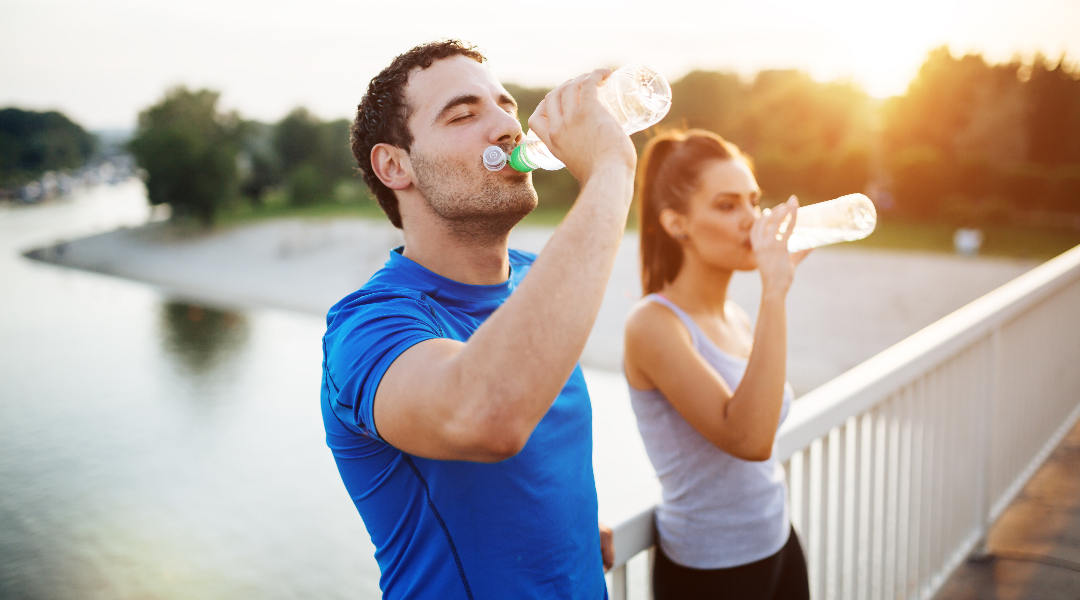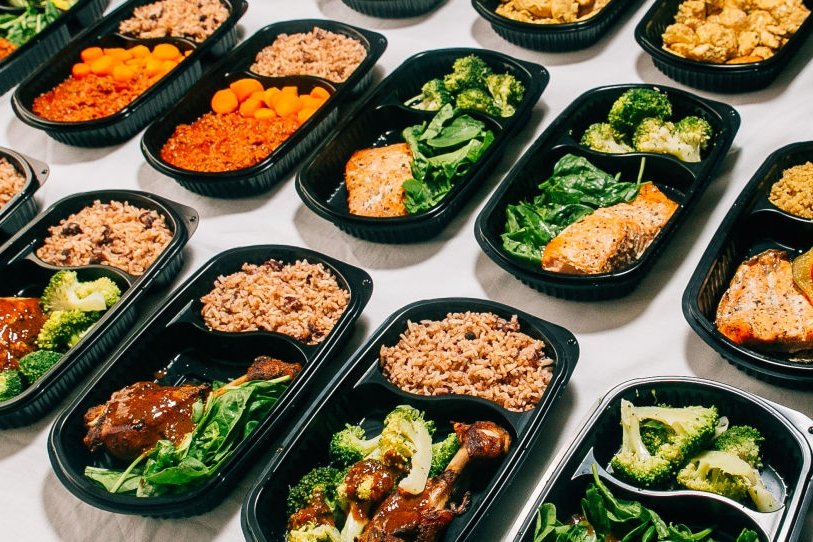
Hydration Heroes: The Importance of Fluids for Workout Success
We all know exercise is crucial for a healthy lifestyle, but what fuels our workouts is just as important. While we often focus on the right exercises and proper form, one critical element often overlooked is hydration. Proper hydration isn’t just about quenching thirst; it’s the bedrock of peak performance, injury prevention, and overall well-being during and after exercise. This article delves into the science of hydration, exploring why it’s so vital for workout success and providing practical guidelines to ensure you’re adequately fueled with fluids.
The Science of Sweat: Why Hydration Matters
Our bodies are intricate machines, and water plays a starring role in countless physiological processes. From transporting nutrients and oxygen to regulating body temperature and flushing out waste products, water is essential for life itself. During exercise, our bodies work harder, generating heat as a byproduct of energy production. To dissipate this heat and prevent overheating, we sweat. Sweat is primarily composed of water and electrolytes, and the amount we lose varies based on factors like the intensity and duration of the workout, environmental temperature and humidity, and individual differences.
Dehydration occurs when fluid loss exceeds fluid intake. Even mild dehydration can significantly impact athletic performance. As little as a 2% decrease in body weight due to fluid loss can impair endurance, strength, and cognitive function. This translates to decreased power output, reduced reaction time, and impaired decision-making – all crucial for optimal workout performance. Furthermore, dehydration can lead to more serious consequences, including muscle cramps, heat exhaustion, and even heatstroke, a potentially life-threatening condition.
The Performance Drain: How Dehydration Impacts Your Workouts
The impact of dehydration on workout performance is multifaceted:
- Reduced Blood Volume: Dehydration decreases blood volume, making it harder for the heart to pump blood efficiently. This means less oxygen and nutrients are delivered to working muscles, leading to fatigue and reduced performance.
- Impaired Thermoregulation: Sweating is our body’s primary cooling mechanism. When dehydrated, we sweat less, hindering our ability to regulate body temperature. This can lead to overheating, fatigue, and decreased performance.
- Muscle Cramps: Electrolyte imbalances, often associated with dehydration, can contribute to muscle cramps. These painful contractions can disrupt workouts and hinder performance.
- Decreased Cognitive Function: Dehydration can impair cognitive function, affecting focus, concentration, and decision-making. This is particularly important for activities requiring skill and strategy.
- Increased Risk of Injury: Dehydrated muscles are more susceptible to injury. Proper hydration helps maintain muscle elasticity and flexibility, reducing the risk of strains and tears.
Hydration Strategies: Fueling Your Workouts Effectively
Effective hydration isn’t just about drinking water during your workout; it’s a continuous process that begins well before you even start exercising. Here’s a comprehensive approach to hydration for optimal workout success:
- Pre-Workout Hydration: Start hydrating well before your workout. Aim to drink 16-20 ounces of water or a sports drink 2-3 hours before exercise. This ensures you’re adequately hydrated before you even begin sweating. Another 8-12 ounces 15-20 minutes before your workout can top off your fluid levels.
- During Workout Hydration: During your workout, especially if it’s longer than 30 minutes, it’s crucial to replenish fluids lost through sweat. The general recommendation is to drink 4-8 ounces of water or a sports drink every 15-20 minutes. The exact amount will depend on individual factors like sweat rate, intensity of the workout, and environmental conditions. For workouts lasting longer than an hour, a sports drink containing electrolytes can be beneficial to replace sodium and potassium lost through sweat.
- Post-Workout Hydration: Replenishing fluids after your workout is essential for recovery. Aim to drink 16-24 ounces of fluid for every pound of body weight lost during exercise. Weighing yourself before and after your workout can help you determine how much fluid you’ve lost.
- Hydration Beyond the Workout: Staying hydrated throughout the day is crucial for overall health and well-being, which indirectly impacts your workout performance. Aim to drink plenty of fluids throughout the day, even on rest days. The color of your urine can be a good indicator of your hydration status. Pale yellow urine generally indicates good hydration, while dark yellow urine suggests dehydration.
- Electrolyte Balance: While water is essential, maintaining electrolyte balance is also crucial, especially for longer and more intense workouts. Electrolytes like sodium, potassium, and magnesium are lost through sweat and play vital roles in muscle function and nerve impulses. Sports drinks can be a good source of electrolytes, but you can also get them from foods like fruits, vegetables, and nuts.
- Listen to Your Body: Pay attention to your body’s signals. Thirst is a sign that you’re already becoming dehydrated, so don’t wait until you’re thirsty to drink. Other signs of dehydration include headache, dizziness, fatigue, and muscle cramps.
Hydration Heroes in Action: Practical Tips
- Carry a water bottle with you throughout the day to encourage regular drinking.
- Set reminders on your phone to drink water, especially during busy days.
- Choose water over sugary drinks like sodas and juices.
- Incorporate hydrating foods into your diet, such as fruits and vegetables with high water content.
- Experiment with different hydration strategies during training to find what works best for you.
Proper hydration is not just a performance enhancer; it’s a fundamental requirement for health and well-being. By understanding the science of sweat and implementing effective hydration strategies, you can become a hydration hero, optimizing your workouts, preventing injuries, and achieving your fitness goals. Remember, consistent hydration is a lifestyle choice that pays dividends both inside and outside the gym.


